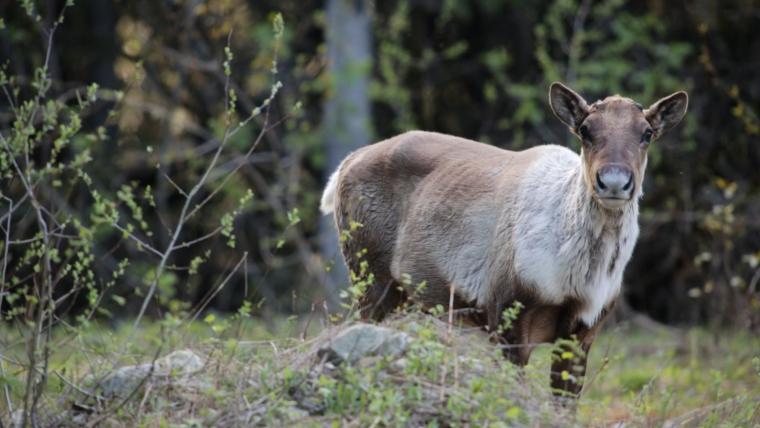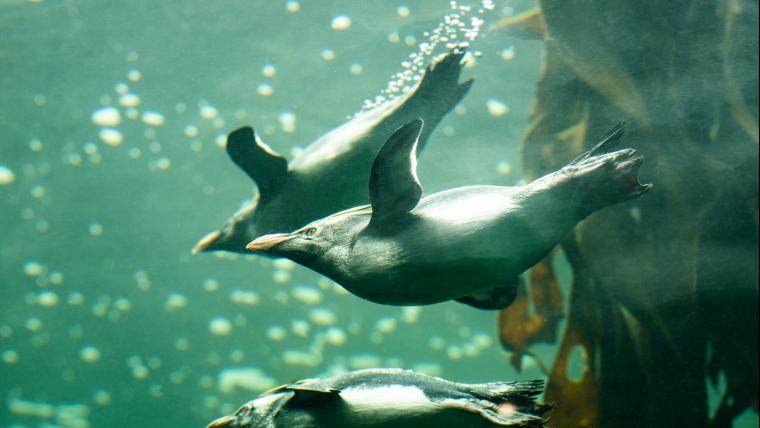
This new generation of pangolins are reclaiming their place in the wild
It’s unlikely most people will ever see a pangolin in the wild. At least 800 000 of them have been poached across the globe. But even before they earned the unfortunate title of ‘most trafficked mammal’, these animals were going ecologically extinct. In regions of KwaZulu-Natal in South Africa, they were killed by electric fences and pesticides or poached for traditional medicine. For decades the Temminck’s ground pangolin was gone from its natural habitat. But a new generation of pups are reclaiming their home.
Through the Pangolin Reintroduction Project, a small number of pangolins have been released into the &Beyond Phinda Private Game Reserve. They were rescued from the illegal trade by the African Pangolin Working Group and rehabilitated by the Johannesburg Wildlife Veterinary Hospital. Fitted with tracking devices, their movements and behaviours are carefully monitored by the reserve’s specialist team. While they still recover from the trauma of being taken, the pangolins are susceptible to developing diseases which they would have caught while captive. Even a sudden temperature change could endanger their lives. Yet being back in their territory has proven their resilience.
The project’s success reached its zenith with the birth of a pangolin pup in December 2020. Less than a year later, a second pup was born. Not only have the pangolins recovered from attempted poaching, they are reestablishing their roots. This landmark South African conservation initiative is also furthering research on the shy animals and their protection. As Temminck’s ground pangolins return to their rightful place one by one, there is a chance to rewrite the story of other species worldwide.
You can contribute to the Pangolin Reintroduction Project here and the African Pangolin Working Group here.
Footage by &Beyond Phinda Private Game Reserve and the &Beyond Phinda camera trap were used in the creation of this film.






























Please sign in to leave a comment